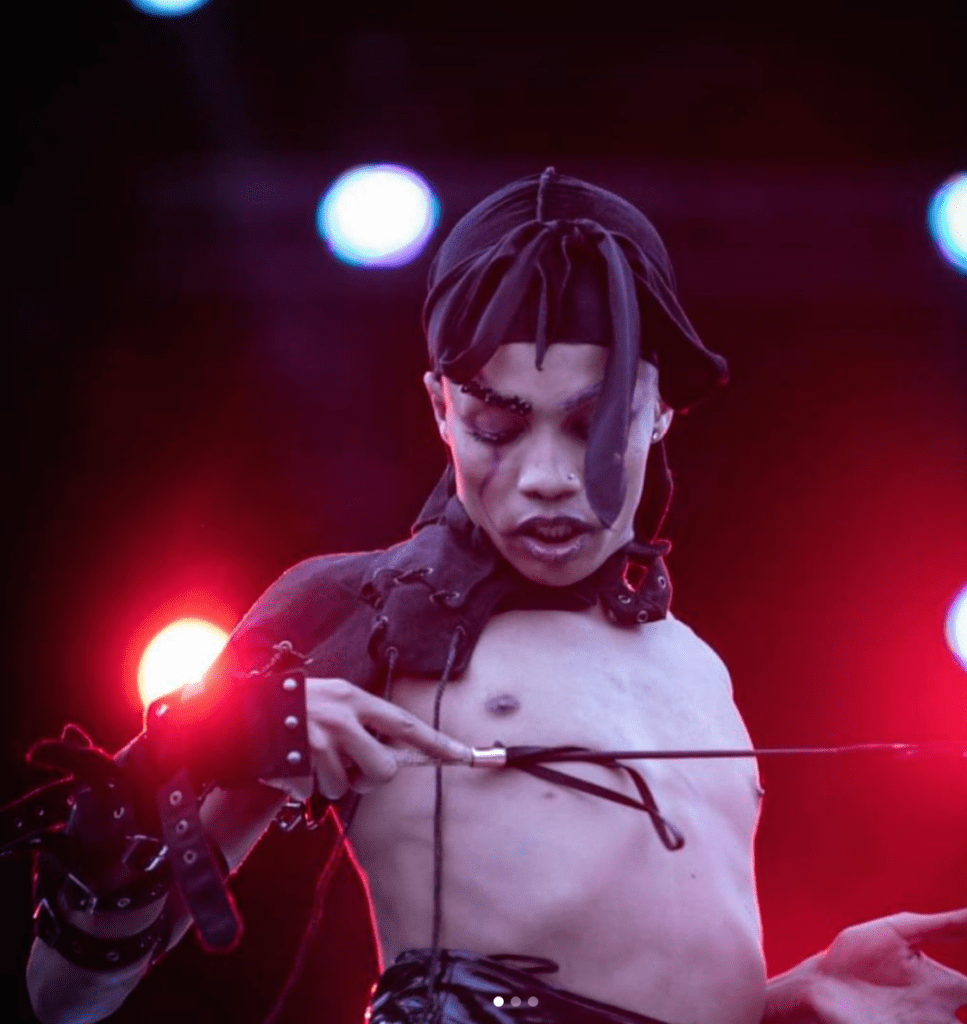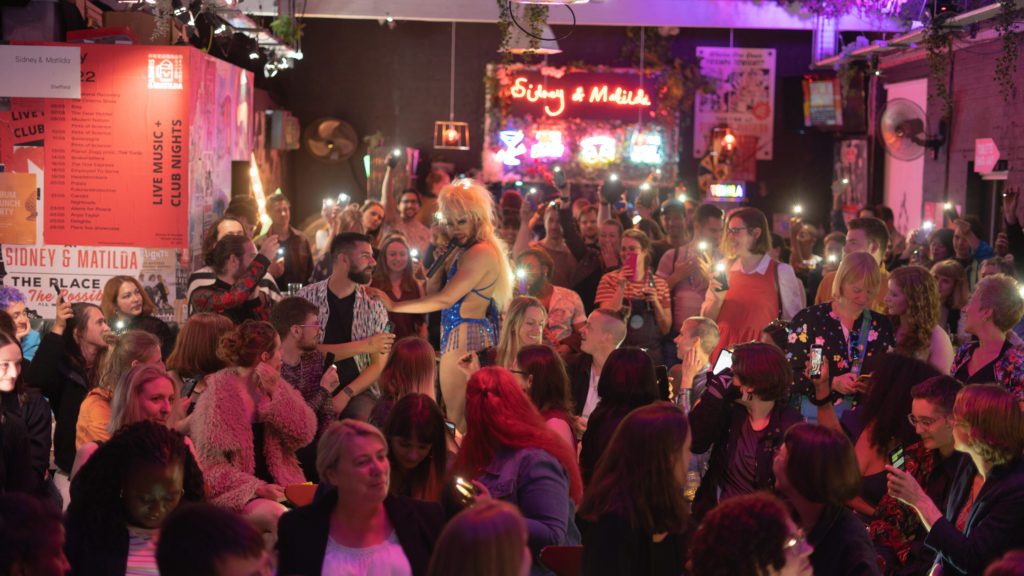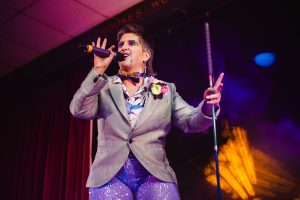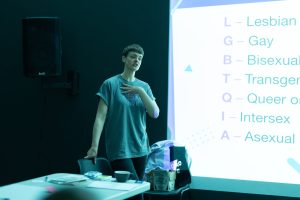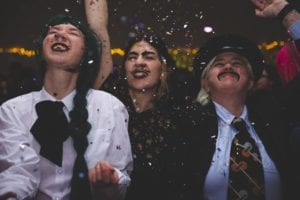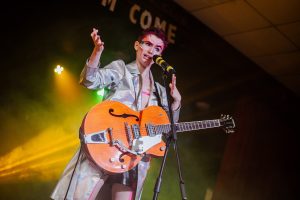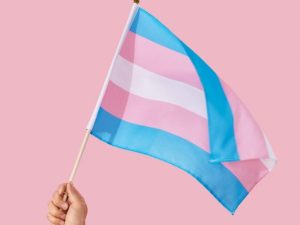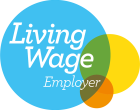And why are our General Entry tickets sometimes £20?
We’re here today to tackle the tricky question of money. Not in a ‘here’s a spreadsheet, please enjoy’ kind of way (we know that’s a niche joy), more as a way to be transparent on what it really costs to produce the scale of live events we do, and where that money goes.
It won’t have escaped you that there’s a state inflicted poverty war being waged, and so it could be argued we should be offering all our events for free. Problem with that is, we’d not survive long in a capitalist society, and competition for funding gets more fierce every year, so we need to earn income.
We are a not for profit social enterprise, which means any profits we make, go back into supporting the aims of our organisation, namely to create spaces where queer culture is celebrated, and our community has space to connect with one another. We believe in being transparent about our need to be sustainable aka, we’re in this for the long run.
So lets break this down.
You might be here as a community member trying to work out why our ticket prices seem high compared to other queer cultural offerings in South Yorkshire, or you might be working in the culture sector and here to magpie. Its all good. Read on for the inside goss. . .
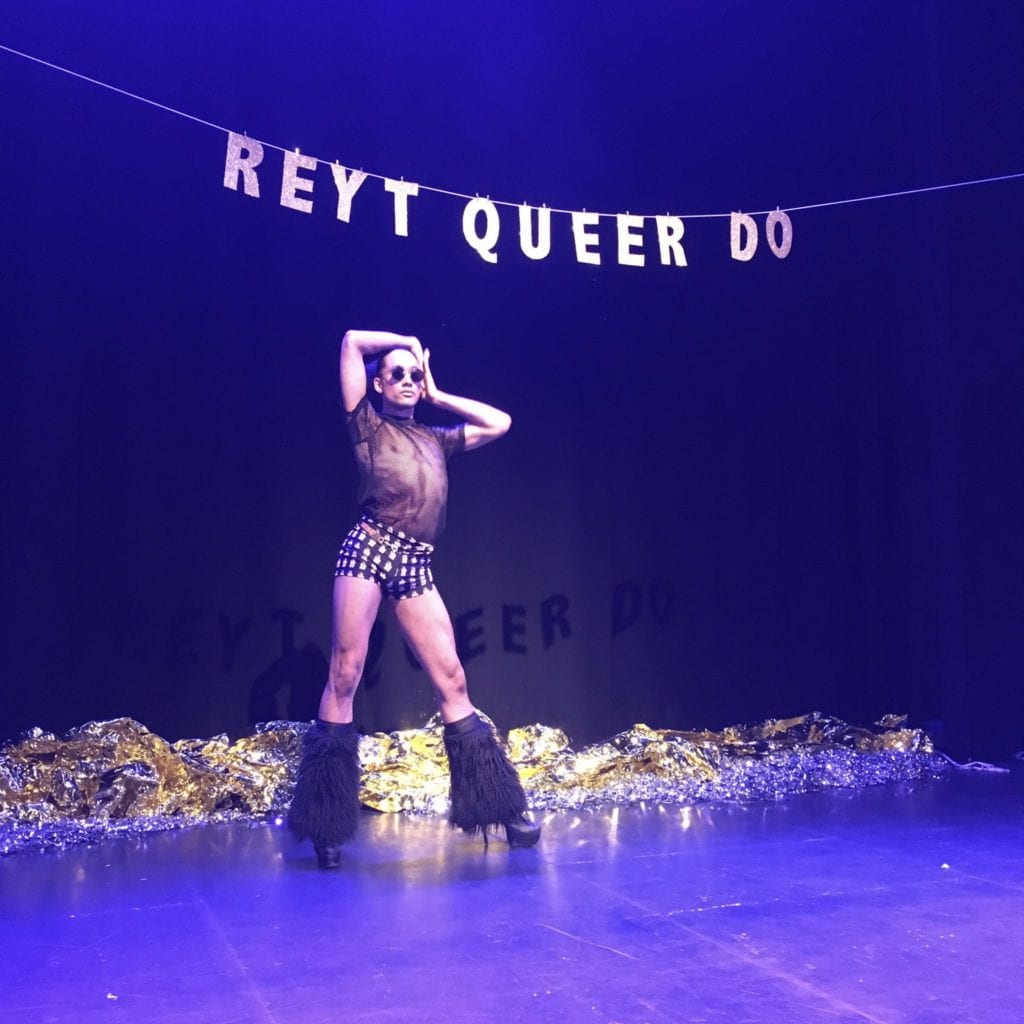
Our smaller events, like A Reyt Queer Do, cost around £3000 – 4000. That’s just the bare bones. Half of this is on artist and crew fees and their expenses like travel. When we say ‘crew’ we also mean the freelancers who support with production and marketing. A huge amount of time and effort goes into producing our events in a way that is caring and accessible for the team we work with and our community. That prep work needs investment. As does good access. We are committed to ensuring our events are accessible, and we pay people fairly for their skills. Think BSL interpretation, captioning and all the time we put into communicating so that our community knows what access provisions are in place.
What that £3k does not cover are our overheads. Things like insurance, IT, staff wages (we’ve currently got one part time employee) and the associated costs of running a business, like taxes, professional fees and website maintenance. Fun eh?
It’s also important to note we don’t have a venue. So while that helps keeps overheads down, it does mean we spend more on hiring quality venues that are accessible. Some venues have been incredibly supportive in offering us free hire or discounted rates, but at the scale we work, venue and tech is still a significant cost, and Sheffield is not blessed with as many live performance venues as other large cities, so we have to be flexible on the spaces we use.
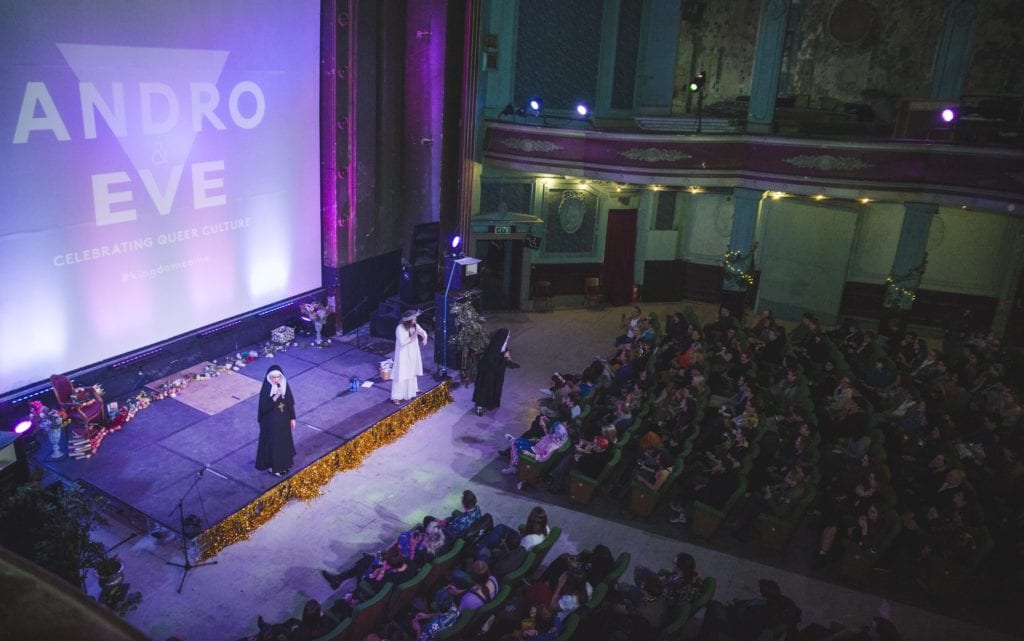
So now we come to our larger events like The Kingdom Come, our drag king cabaret. Here, we spend more. Whereas A Reyt Queer Do is for an average audience size of 140 – 170, The Kingdom Come is designed for 300+ people to enjoy. Bigger event, bigger budget. So we’re looking at around £5 – £6k. Again half of this is on artist and crew fees. But even with a sell out, we are not breaking even, because the costs of access, overheads and staff time are not covered by our ticket sales.
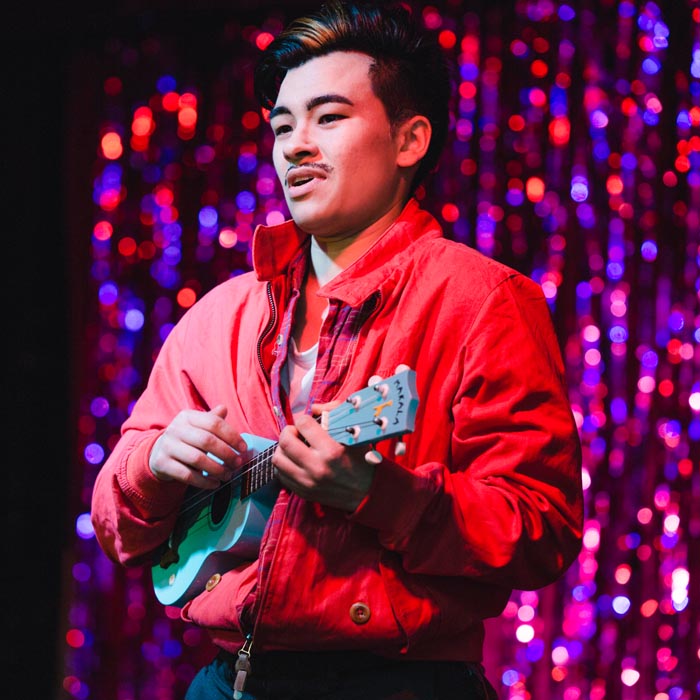
So WHY DO YOU BOTHER we hear you scream at your screen? That’s where funding comes in. When we embarked on this queer culture journey, we quickly worked out that to make this sustainable, our core team would need paying. Can’t pay rent on the feel good factor eh? We know enough of our DIY queer scene herstory to realise burn out is a real and present danger.
It should also be pointed out that in the drag and cabaret scene it is not uncommon for performers to be paid way under the industry rate, or not paid at all. We believe fiercely in the value of drag and cabaret as an art form that pushes boundaries and gives voice to those otherwise marginalised, and its also *the most * entertaining too. The artists making it deserve to be paid fairly! (Don’t get us wrong, DIY scenes run by a committed team and serious amounts of volunteered time are wonderful and have produced some amazing culture, but that has become increasingly challenging in this neoliberal climate we live in).
So in order to support staff wages, and freelancers, we apply for grant funding and generate income through other means, like our merch, commissions and bookable training and workshops which includes our Gender Awareness Training and Gender Exploration Workshop. This supports the rest of our programme delivery. But without the grant funding, we could not produce the programmes of creative activity like the live performance events and workshops that we do.
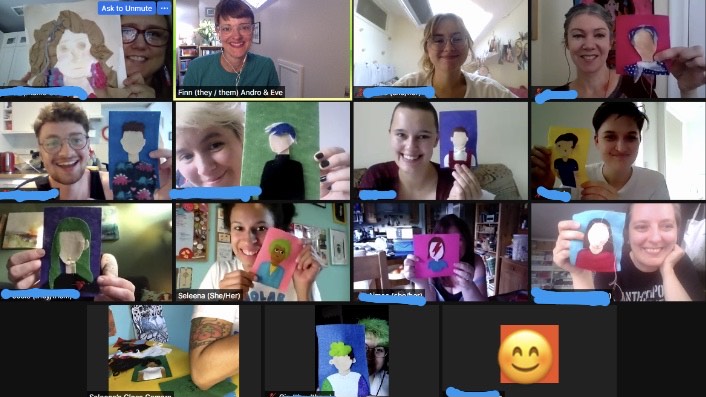
So why is it still sometimes £20 for a General Entry ticket if you’ve got grant funding?
With Arts Council, we have to have at least 30% match funding for a programme of activity. So if a programme costs £30,000, we need to demonstrate we have got £9k of other income. That could be in the form of other grant funding, commission fees or ticket sales. So ticket sales still make up a vital part of our income stream.
We also believe in the quality and uniqueness of our work. Compared to larger subsidised theatre, or the commercial drag sector, our tickets are still competitively priced. We are also unique in offering a clear and consistent Sliding Scale Ticket pricing system in place to support those on lower incomes to attend our events. We got this idea from Leeds Queer Film Fest and SQIFF, and this system has been in place for our events since 2017. It also enables us to give free tickets for refugees and people seeking asylum. Currently we do this though our friends at Lesbian Asylum Support Sheffield.
Solidarity Tickets were our own invention, and they are a way for those who can afford to, to ‘pay it forward’ and contribute directly to our ticket fund. This is ring-fenced money that directly supports the provision of cheaper and free tickets at our events. If you can afford to, we very much encourage you to buy one of these tickets.
It’s also worth noting, that we have been successful in getting funding to support free programmes of activity, like Joyful Noise zine in 2021, and there’ll always be parts of our creative programmes of workshops and events that are free for people to access, like the current Feeling Fabulous follow on workshops this July.
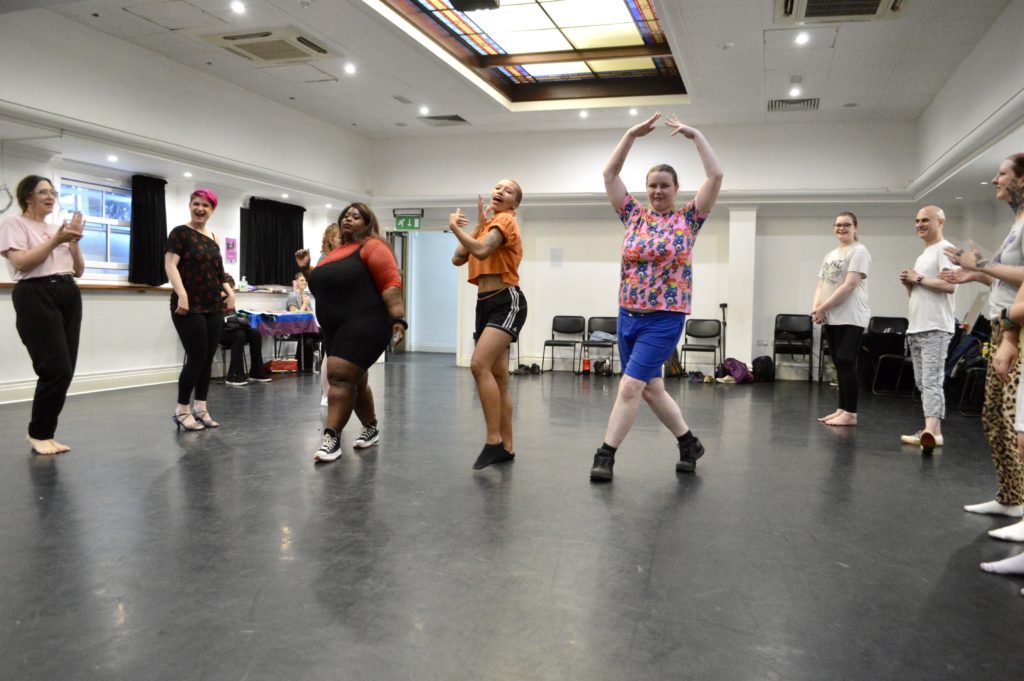
Our current programme is our most ambitious to date, and A Reyt Queer Extravaganza at The Leadmill, is our biggest ever event, with 20+ artists performing, (compared to 5 – 7 at our usual cabaret events). We have also been working in partnership with Ghetto Fabulous to produce and programme this event, which has needed proper time and investment. So our budget is reflective of the scale and ambition.
We’re here to demonstrate the value of queer culture to our LGBTQ+ community and beyond, and implement best practice when it comes to accessibility and equity in our working models. We know this is the harder way, but the payoff in terms of wellbeing for our community and those we work with, is worth the investment.
So next time someone says ‘why are Andro and Eve’s tickets £X’, feel free to signpost them to this blog. We here, we’re queer, and making space for long term investment in our community. See you at the Extravganza on 30 July!
